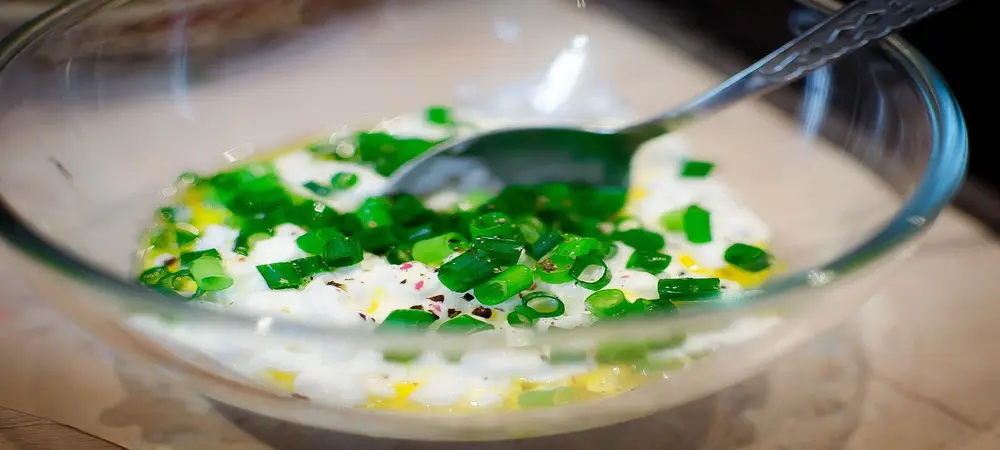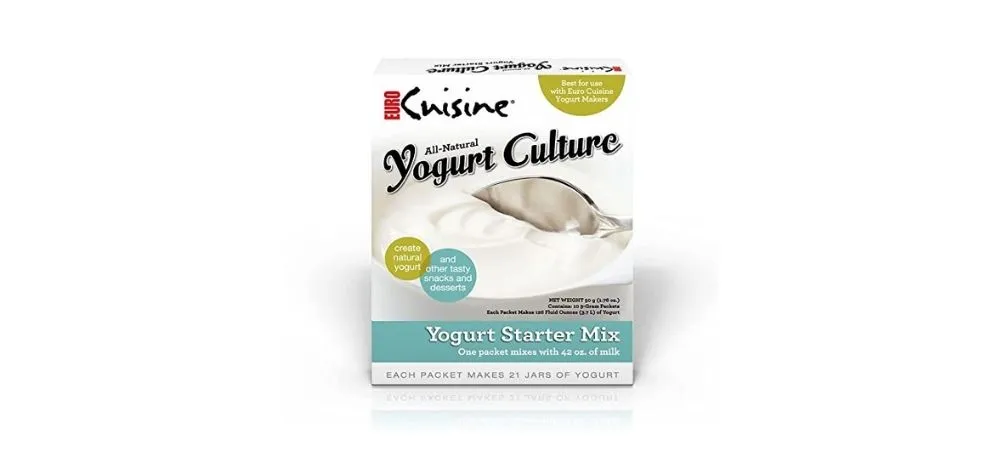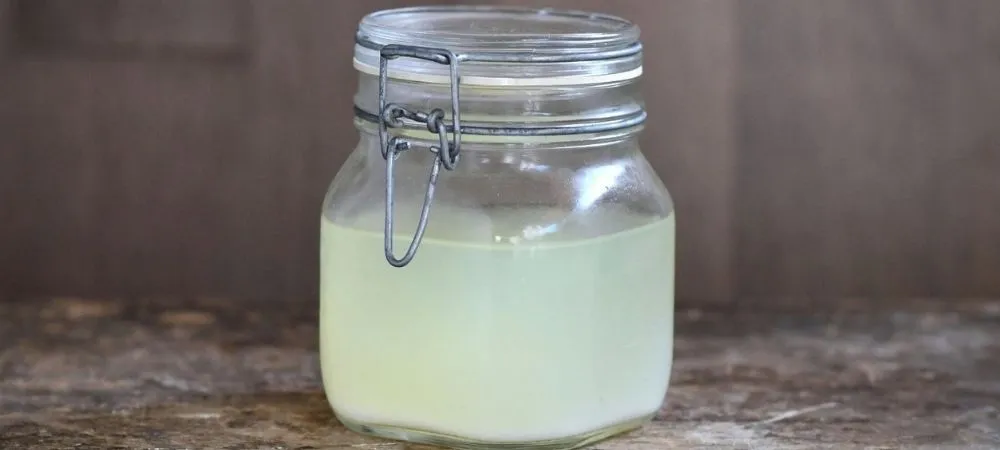Homemade yogurt is fresh, natural, and made without stabilizers like commercial brands, separating slightly when stored. The bacteria in yogurt cause it to thicken when stored for long periods, but if you don’t allow yours to sit in the refrigerator for at least 4 hours before eating or serving it, you may notice that your homemade yogurt is runny.
Main reasons for separation
Here are the main reasons why homemade yogurt is separate from its water:
Separation caused by lactose intolerance
If your yogurt separates only slightly, you may be able to correct the problem by stirring it briskly or beating it with a whisk. You can also keep it well-chilled and eat or serve your homemade yogurt as soon as possible after making it.
Do not use cream-line milk because this will affect how thick and firm your yogurt will become.
Related Posts:
- How much yogurt is too much?
- How to tell if the yogurt is bad?
- How long homemade yogurt lasts?
- How long can yogurt sit out?
- How long does Greek Yogurt lasts?
- Does yogurt go bad?
- How long does yogurt take to digest?
- Is yogurt solid or liquid?
- What temperature kills Yogurt Cultures?
Separation caused by protein deficiency
If your homemade yogurt separates significantly, you may want to mix it with a whisk or blender before eating or serving. You can also use milk that does not contain cream (such as skimmed cow’s milk). Cream-line milk will affect how thick and firm your yogurt will become.
Pasteurization
Do not boil your milk after adding the yogurt starter because this will affect how thick and firm your yogurt will become.
Freezing
Freezing Homemade Yogurt: Freeze fresh homemade yogurt in small containers for up to 1 month. Thaw in the refrigerator. Be aware that freezing causes a change in consistency, much as it does to ice cream.
Is homemade yogurt supposed to be watery?

Raw milk yogurt is the primary reason for homemade yogurt to be watery. To denature the protein in the milk, it is essential to pasteurize milk to get a thick consistency. It helps protein in the milk to thicken during culturing process.
As the bacteria in homemade yogurt cause it to thicken as it sits, but if you don’t allow yours to sit for at least 4 hours before eating or serving it, you may notice that your homemade yogurt is runny. If this happens to you often, try using milk without cream (such as skimmed cow’s milk) and eating or serving your yogurt as soon as possible after making it.
Can I fix runny homemade yogurt?
If your homemade yogurt separates only slightly, you may be able to correct the problem by stirring it briskly or beating it with a whisk. You can also keep it well-chilled and eat or serve your homemade yogurt as soon as possible after making it.
Do not use cream-line milk because this will affect how thick and firm your yogurt will become.
If your homemade yogurt separates significantly, you may want to mix it with a whisk or blender before eating or serving. You can also use milk that does not contain cream (such as skimmed cow’s milk). Cream-line milk will affect how thick and firm your yogurt will become.
How do you fix homemade yogurt that didn’t set?
You can add unflavored gelatin (start with 1 tablespoon to 4 cups of yogurt) and blend it in a blender. Then heat the mixture just until the gelatin has dissolved, stirring continuously. Pour into containers, cool to room temperature, and let sit for about 12 hours before placing in the refrigerator. The gelatin helps set up your homemade yogurt even though it’s been heated.
Can I use cream-line milk for homemade yogurt?
No, the cream from the top of the milk will affect how thick and firm your yogurt will become. When you make homemade yogurt, do not use cream-line milk.
Why does my homemade yogurt turn out sour?
If your homemade yogurt is sour, the milk may have been heated to a high temperature during pasteurization. It destroys naturally occurring enzymes that keep milk from producing too much lactic acid. There are two ways you can prevent this problem next time you make yogurt. First, don’t allow the mixture to get too hot while pasteurizing the milk. Second, after heating the milk to 180°F(82°C), will enable it to cool to 104-112°F (40-44°C) before adding the starter.
Is homemade yogurt better for you than store-bought yogurt?
Yes, since homemade yogurt does not contain food additives, artificial sweeteners, thickeners, or flavors, it is more nutritious than commercially made yogurt.










